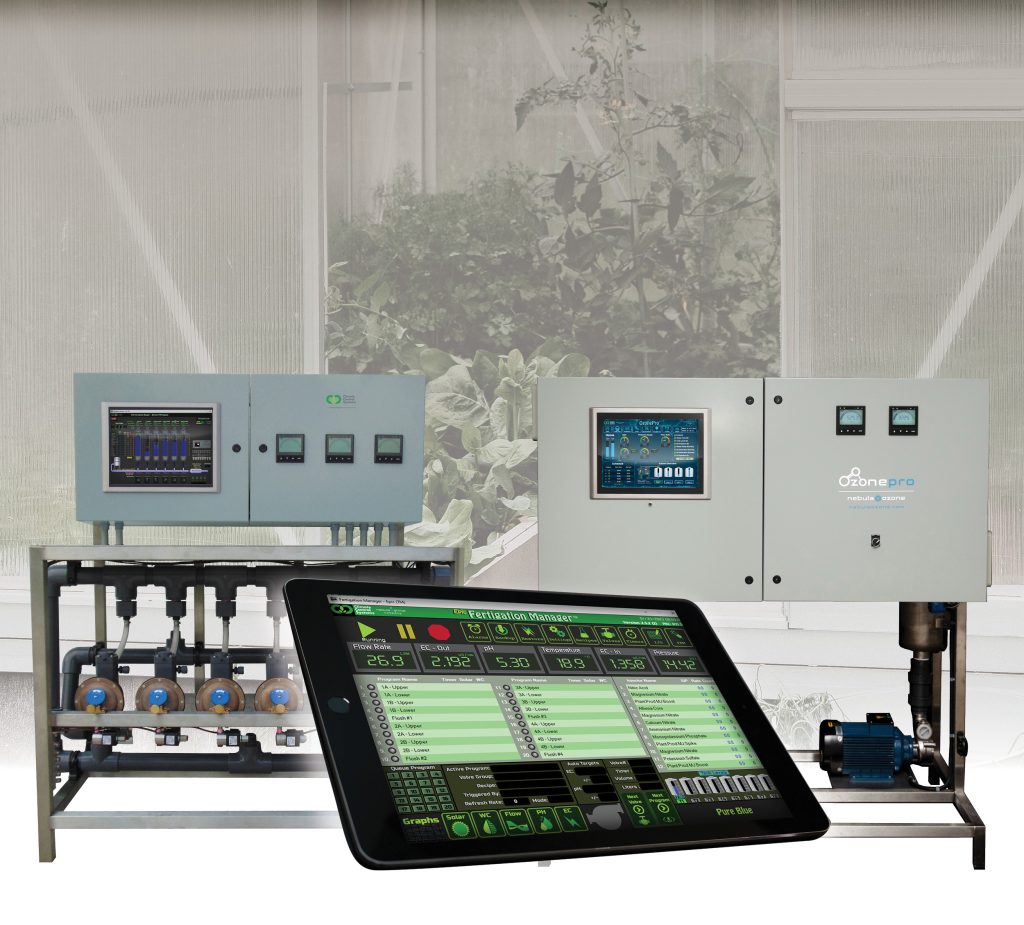
Vertical farming is reshaping urban agriculture by enabling the cultivation of food in densely populated areas with limited space. To maximize crop health and productivity in these environments, an integrated climate control strategy is essential for maintaining optimal growing conditions.
Environmental Challenges in High-Density Vertical Farming
High-density vertical farms involving stacked levels of crops across multiple levels, present unique challenges in environmental management. Without sophisticated climate control systems, it is difficult to maintain consistent temperature, humidity, and carbon dioxide (CO₂) levels across all tiers, often resulting in uneven plant growth and significant yield losses.
Advantages of Integrated Climate Control Systems
The application of integrated climate control technology allows for precise control of essential environmental variables. This ensures each plant—regardless of its vertical position—receives optimal conditions for growth.
Systems like the Climate Manager™ enable real-time control over key elements such as ventilation, humidity, temperature, and lighting, creating a balanced and stable environment across the entire farm.
Automation and Sustainable Practices
Automation is the cornerstone of successful vertical farming. Remote monitoring and control capabilities allow growers to adjust environmental settings from computers or mobile devices from wherever they are. This control significantly reduces labor costs and minimizes human error.
Given the high energy demands of artificial lighting and climate regulation, energy efficiency is critical. Advanced technologies, such as variable-speed fans and energy-spectrum controlled LED lighting, lower energy consumption while promoting optimal plant growth and health. This contributes to both cost savings and sustainable agricultural practices.
Enhancing Crop Health and Yields
Stable environmental control is vital for mitigating the risks of disease and physiological stress in crops. Consistent temperature and humidity levels reduce the likelihood of fungal infections and pest outbreaks, leading to healthier plants and higher yields.
Integrated systems, including the Fertigation Manager™, also streamline nutrient and irrigation management, ensuring that plants receive precisely the nutrients they need at the right time, enhancing both growth and productivity.
Data-Driven Precision Agriculture
Modern vertical farming heavily depends on real-time data and analysis. Integrated systems monitor key variables such as temperature, humidity, light intensity, CO₂ concentration, and nutrient delivery. This data-driven approach enables growers to make informed adjustments that optimize resource use, improve crop quality, and maximize yields.
Scalability and Operational Flexibility
Scalability is essential for vertical farms aiming to expand operations. Integrated systems are designed to be modular and flexible, allowing farms to grow without sacrificing environmental control or operational efficiency. This modularity supports the transition from small-scale experimental setups to large-scale commercial enterprises seamlessly.
Future Outlook for Vertical Farming
As urbanization continues to rise, vertical farming will become increasingly vital for sustainable food supply. The future will likely see further integration of artificial intelligence and machine learning to optimize environmental control, resource management, and crop production.
Integrated climate control forms the backbone of successful high-density vertical farming. By embracing automation, advanced data analytics, and energy-efficient technologies, growers can build resilient, high-performance agricultural operations that are economically and environmentally sustainable. For more information on how Climate Control Systems can help optimize your vertical farming operations, contact us today.
